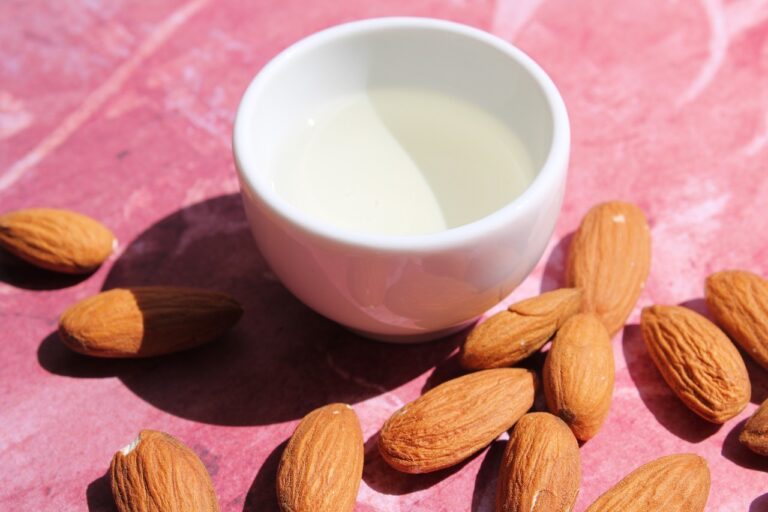Analyzing the Influence of Cultural Customs on Healthy Living
Traditional diets play a crucial role in shaping the health outcomes of individuals across diverse cultures. These diets are typically rooted in centuries-old customs and are often rich in nutrient-dense whole foods such as fruits, vegetables, whole grains, and lean proteins. The balanced nature of traditional diets can contribute to overall well-being by providing essential vitamins, minerals, and antioxidants that support optimal health.
Additionally, traditional diets are frequently associated with lower rates of chronic diseases such as heart disease, diabetes, and obesity. This can be attributed to the emphasis on natural, minimally processed foods that are not only nourishing but also have been shown to have protective effects against various health conditions. By incorporating elements of traditional diets into modern eating habits, individuals may be able to improve their overall health and well-being in a sustainable manner.
Understanding the Role of Social Support in Healthy Lifestyles
Social support plays a significant role in shaping healthy lifestyles. Research has consistently shown that individuals surrounded by a supportive network tend to adopt and maintain healthier habits more effectively than those lacking such support. This social reinforcement can come from family, friends, colleagues, or even online communities, all playing a crucial role in promoting positive health behaviors.
Studies have shown that individuals who receive encouragement, motivation, and assistance from their social circles are more likely to stay committed to their health goals. This support system not only provides emotional backing but also practical assistance, such as workout buddies, cooking partners, or accountability partners. With the backing of social support, individuals are better equipped to navigate challenges and setbacks on their journey towards a healthier lifestyle.
• Social support is essential in shaping healthy lifestyles
• Individuals surrounded by a supportive network tend to adopt and maintain healthier habits effectively
• Family, friends, colleagues, and online communities all play a crucial role in promoting positive health behaviors
• Encouragement, motivation, and assistance from social circles help individuals stay committed to health goals
• Practical assistance like workout buddies, cooking partners, or accountability partners can be provided by the support system
• Social support helps individuals navigate challenges and setbacks on their journey towards a healthier lifestyle
Exploring the Significance of Physical Activity in Different Cultures
Physical activity plays a crucial role in various cultures around the world, serving as not just a means of staying fit but also as a way of preserving traditions and connecting communities. In many Eastern cultures, practices like Tai Chi and Yoga are deeply ingrained in daily life, promoting physical, mental, and spiritual well-being. These activities are not just about exercise; they are about harmonizing the body and mind, fostering a sense of balance and inner peace.
Similarly, in certain African cultures, dances are integral to social gatherings and ceremonies, serving as a form of storytelling, celebration, and community bonding. The energetic movements and rhythms of traditional dances not only provide physical benefits but also serve as a way to pass down cultural heritage from one generation to the next. The significance of physical activity in these diverse cultures goes beyond just the physical aspect, emphasizing holistic well-being and cultural identity.
How does traditional diets impact health in different cultures?
Traditional diets can play a significant role in determining the overall health of individuals in different cultures. The types of foods consumed, cooking methods, and portion sizes all contribute to the nutritional content of meals, which can impact health outcomes.
What is the role of social support in promoting healthy lifestyles?
Social support can greatly influence an individual’s ability to maintain a healthy lifestyle. Whether it’s through encouragement, accountability, or shared activities, having a strong support system can help individuals stay motivated and committed to their health goals.
Why is physical activity important in different cultures?
Physical activity is important in different cultures because it promotes overall health and well-being. Regular exercise can help prevent chronic diseases, improve mental health, and increase longevity. Additionally, physical activity is often a key component of cultural traditions and customs in many societies.







